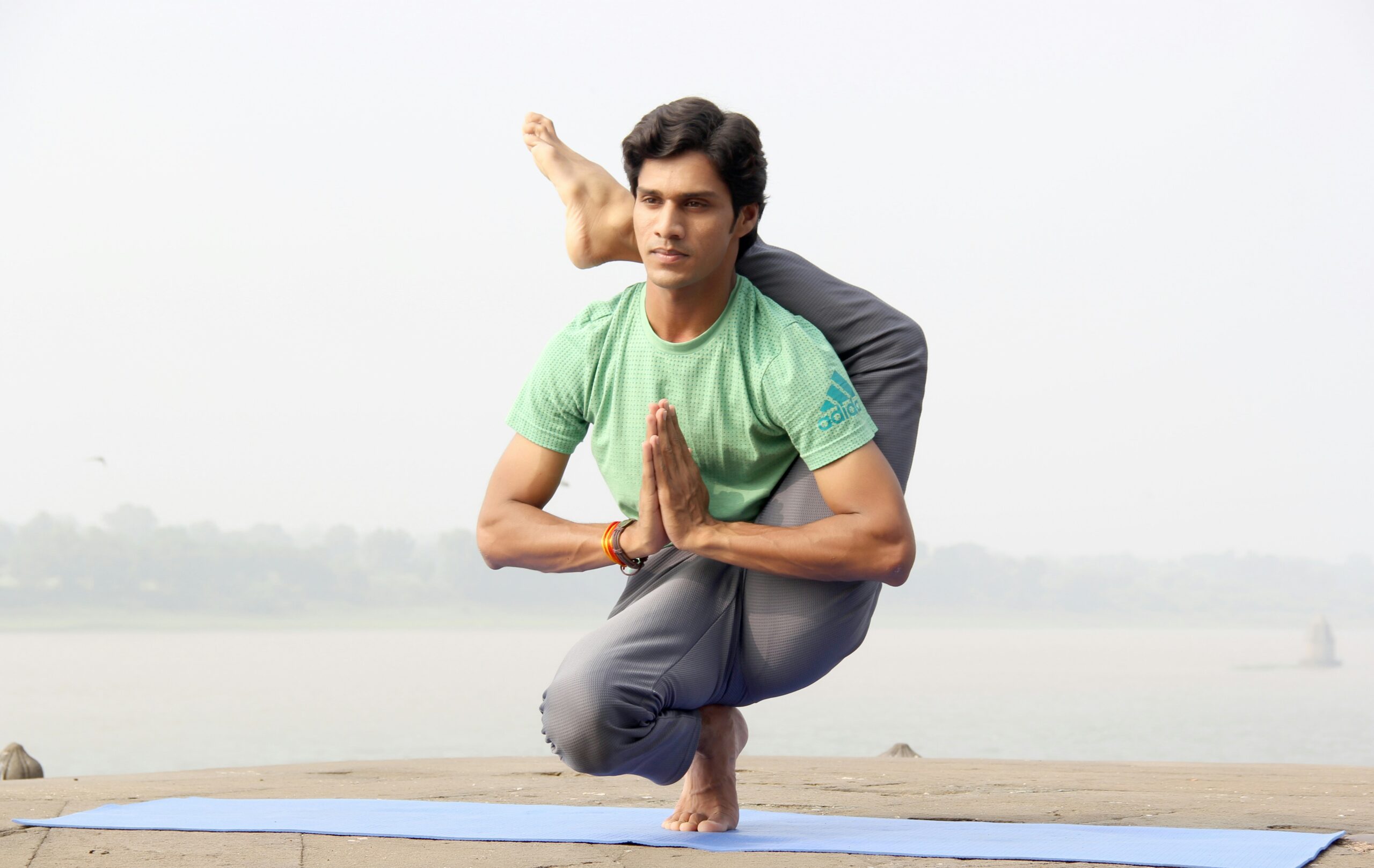Crafting a Winning Mindset for Competitive Sports
In the world of competitive sports, physical prowess often takes center stage. However, as any seasoned athlete will tell you, the mind is just as critical—if not more so—than the body. Have you ever watched a match where the underdog, against all odds, snatched victory from the jaws of defeat? More often than not, it’s not just skill that drives these athletes; it’s their mindset. This article aims to delve deep into the nuances of crafting a winning mindset, exploring the techniques, philosophies, and stories that define the champions of tomorrow.
The Psychological Edge
First things first: what exactly constitutes a winning mindset? At its core, it’s the ability to maintain focus, resilience, and motivation, especially when the going gets tough. Let’s be honest—sports can be brutal. The pressure to perform can feel like a weight on your shoulders, a weight that can either crush you or propel you to greatness.
Sports psychology has gained traction in recent years, and with good reason. According to some studies, up to 70% of an athlete’s success can be attributed to mental factors. Imagine that! You could be the fastest runner, the strongest lifter, or the most talented player on the field, but if you crumble under pressure, all that talent goes to waste.
One of the most effective ways to develop this psychological edge is through visualization techniques. Athletes like Michael Phelps, who famously visualized every stroke of his races before competing, have sworn by this method. I still chuckle when I think about how he described it as “seeing” himself win—like watching a movie reel unfold. But it’s not just about dreaming; it’s about creating a mental blueprint for success.
Building Resilience
Resilience is another pillar of a winning mindset. It’s the ability to bounce back from setbacks, to learn from failure rather than be defeated by it. I remember speaking with a former Olympic gymnast who recounted her experience of falling during a crucial routine. Instead of allowing herself to become disheartened, she treated it as a lesson—a stepping stone toward improvement. “Every fall is a chance to rise higher,” she told me, and those words resonate deeply within the competitive sports community.
To cultivate resilience, athletes can adopt several strategies:
- Embrace Discomfort: Growth often comes from stepping out of your comfort zone. Don’t shy away from challenging yourself.
- Develop a Support System: Surround yourself with coaches, teammates, and mentors who uplift you. They can be invaluable during tough times.
- Practice Mindfulness: Techniques like meditation can help in managing stress and anxiety, allowing athletes to remain calm and collected during competition.
Incorporating these practices into daily training can significantly enhance an athlete’s ability to handle pressure. It’s about changing the narrative in your head, transforming “I can’t” into “I can learn.”
Motivation: The Fuel of Champions
Now, let’s talk about motivation. It’s the driving force that gets athletes up at 5 AM for those grueling training sessions. It’s what keeps them pushing through the pain, even when every fiber of their being screams for rest. But motivation is a fickle friend; it can wane, and it can be elusive. So, how do athletes maintain that fire?
One effective method is to set specific, measurable goals. Rather than saying, “I want to be a better athlete,” a more effective approach would be, “I want to improve my 5K time by 30 seconds in the next three months.” This gives a clear target to aim for and creates a sense of accountability.
Some athletes find inspiration from their own personal stories or from the legends who came before them. I recall a conversation with a young swimmer who idolized Katie Ledecky. Every time she felt like quitting, she would remind herself of Ledecky’s work ethic and commitment. “If she can do it, so can I,” she’d say. It’s a simple mantra, but sometimes the simplest things can drive the most profound changes.
The Role of Positive Self-Talk
While we’re on the topic of motivation, let’s not overlook the power of positive self-talk. The voice inside your head can either be your biggest cheerleader or your worst critic. Athletes who practice positive affirmations often report better performance and increased confidence. Just think of it as having a personal hype squad, right in your own mind!
One example that springs to mind is Serena Williams, who has openly discussed her use of positive self-talk during matches. She often reminds herself of her strengths and capabilities, even when the pressure is at its peak. Imagine whispering to yourself, “I’ve trained for this, I’m strong, and I can do this,” just before stepping onto the field or court. It may sound corny, but it works. A study conducted by sports psychologists indicated that athletes who engaged in positive self-talk experienced a significant decrease in anxiety levels and an increase in performance.
Mindfulness and Focus
Shifting gears, let’s turn our attention to mindfulness—a concept that has garnered attention not just in sports, but in various facets of life. Mindfulness is all about being present in the moment, and for athletes, this can be a game-changer. The ability to focus on the task at hand, rather than dwelling on past mistakes or worrying about future outcomes, can significantly impact performance.
Many professional teams now incorporate mindfulness training into their routines. For instance, the Seattle Seahawks have been known to practice mindfulness techniques to enhance their players’ focus and reduce stress. It might sound a bit “out there” to some, but the results speak for themselves. When players are mentally present, they make better decisions, react faster, and ultimately perform better.
To adopt mindfulness, athletes can try the following:
- Breathing Exercises: Simple deep-breathing techniques can help ground you and bring your focus back to the moment.
- Meditation: Regular meditation sessions can train the mind to stay focused and calm, creating a mental sanctuary amidst the chaos of competition.
- Mindful Practice: During training, focus solely on the task at hand without distractions. This builds the mental muscle needed for competition.
Incorporating these techniques into your routine might not yield immediate results, but over time, they can help develop a level of mental toughness that is essential for success in sports.
Lessons from the Greats
No discussion of mindset would be complete without acknowledging the lessons we can learn from the champions who have walked the path before us. Take, for instance, the legendary coach Phil Jackson, who led the Chicago Bulls and Los Angeles Lakers to multiple championships. Jackson was a firm believer in the power of mindfulness and team cohesion. He often encouraged his players to meditate and connect on a deeper level, fostering an environment where everyone felt valued and understood. His approach wasn’t just about winning; it was about creating a culture of excellence.
Another standout example is the indomitable spirit of Michael Jordan. His relentless pursuit of greatness and his refusal to accept anything less than the best serves as an inspiration to countless athletes. Jordan’s famous saying, “I’ve missed more than 9,000 shots in my career,” speaks volumes about the importance of resilience and learning from failure. He didn’t let defeat define him; rather, he used it as fuel for improvement.
Creating a Personalized Mindset Plan
So, how can you put all of this into practice? Creating a personalized mindset plan is a great way to start. Here’s a simple framework to consider:
1. Self-Assessment
Begin by evaluating your current mindset. Are you overly critical of yourself? Do you struggle with motivation? Recognizing your areas for growth is the first step in crafting a winning mindset.
2. Goal Setting
Set specific, realistic goals for both your mental and physical performance. This could be as simple as committing to daily mindfulness practices or as ambitious as training for a specific competition.
3. Action Plan
Design a plan that incorporates visualization, positive self-talk, and mindfulness exercises into your routine. Consistency is key here—make it a habit.
4. Reflect and Adjust
Take time to reflect on your progress. What’s working? What isn’t? Don’t be afraid to make adjustments. The journey to a winning mindset is not a straight path; it’s full of twists and turns.
5. Seek Support
Engage with coaches, sports psychologists, or mentors who can provide guidance and encouragement. Sometimes an outside perspective can make all the difference.
Conclusion: The Mind-Body Connection
In the high-stakes world of competitive sports, the mind and body are intricately connected. The journey toward developing a winning mindset is ongoing and requires dedication, self-awareness, and resilience. But the rewards are immense. Athletes who cultivate a strong mental game not only enhance their performance but also enrich their overall sporting experience.
So, the next time you lace up your shoes to hit the field or court, remember that your mind is your greatest asset. Prioritize it, nurture it, and watch as it transforms not just your performance, but your entire approach to competition. Because at the end of the day, it’s not just about who’s the fastest or strongest; it’s about who’s mentally ready to seize the moment. And trust me, that’s a game worth playing.







